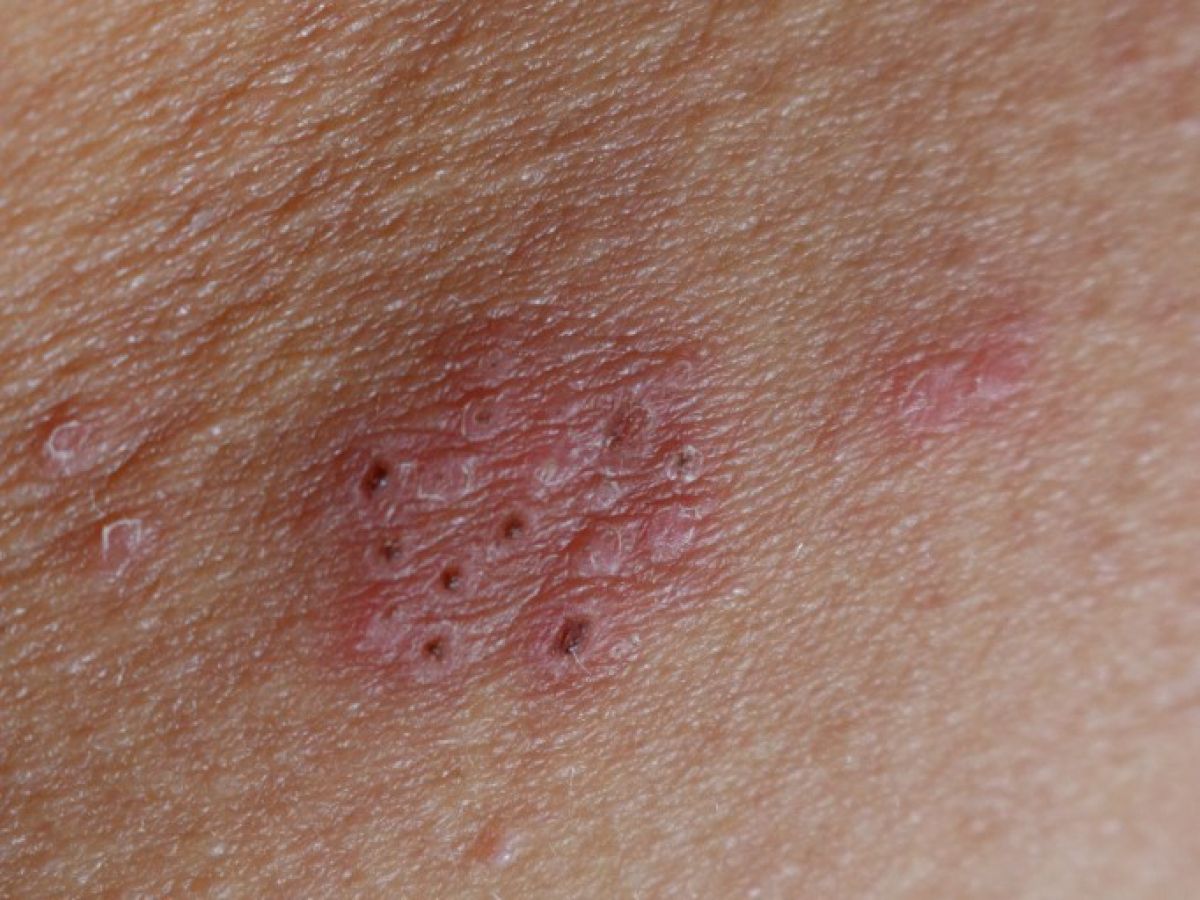Get vaccinated against shingles… to reduce the risk of developing a dementia. This is the focus of the work carried out by a team of researchers from the University of Oxford who have just published their results in the journal Nature Medicine. The hypothesis has been circulating for several years now, a work published in 2022 in Journal of Alzheimer Disease having provided the first solid evidence of the link between dementia and the varicella-zoster virus (VZV), responsible for the dermatological disease.
You can also Unlock gradual abandonment of the Zostavax vaccine for Shingrix
For the record, the The Zone, a disease caused by reactivation of VZV, is defined by painful skin rashes most often appearing on the trunk. It is estimated that one in three people worldwide experience it at least once in their life, with its severity increasing considerably with age.
Here, scientists were interested in the new so-called recombinant Shingrix vaccine (GSK laboratories), recently recommended in France, instead of Zostavax (MSD laboratories), a so-called 'live' vaccine, older and less effective. It was also the gradual abandonment of Zostavax for Shingrix, carried out in 2017 in the United States, which allowed British researchers to compare the risk of dementia incurred in the six years following the administration of one or the other of the two vaccines. The researchers were able to obtain robust data from 208,000 Americans who received their first dose (Zostavax or Shingrix) between 2014 and 2020.
A clear advantage for the group that received the Shingrix
In the work just published in Nature, the researchers formed two groups of about 100,000 people. In the first were individuals vaccinated with Zostavax between 2014 and 2017 and, in the second, those who received Shingrix between 2017 and 2020. They were followed for six years on a neurological level. Result: a clear advantage for the Shingrix group, with a risk of dementia reduced by 17%, or a delay in the onset of disorders of 164 days (around 5 months), the effect being more marked in women, according to the researchers' observations.
In the press release broadcast by the university, John Todd, the un of the study's co-authors, said: " The key question now is how the vaccine protects against dementia. One possibility is that VZV infection increases the risk of dementia and that therefore, by inhibiting the virus, the vaccine reduces this risk. But on the other hand, the vaccine also contains chemicals that could have beneficial effects on brain health.". Here, therefore, without doubt, is a new avenue of research.


